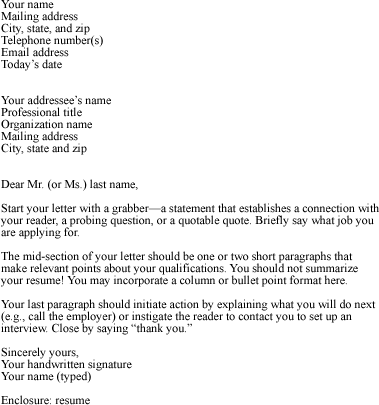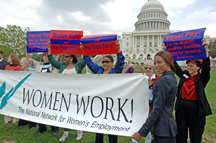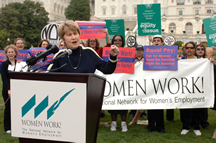What is a cover letter and why is it important?
A cover letter is a one-page business letter that you send to a potential employer when you submit your résumé. The letter introduces you, explains which job you are applying for and why you think you would be a good candidate for the position. A cover letter is important because it gives you the opportunity to talk more in depth about the skills and experiences on your résumé that are applicable to the job for which you are applying. You can use a cover letter to discuss some important experiences that may not have a place in your résumé. It reflects your personality, your attention to detail, your communication skills, your enthusiasm, your intellect and your specific interest in the company to which you are sending the letter.
The Four Parts of a Cover Letter
Writing a cover letter can seem a little overwhelming at first, but it is helpful to think of it as four separate sections:






